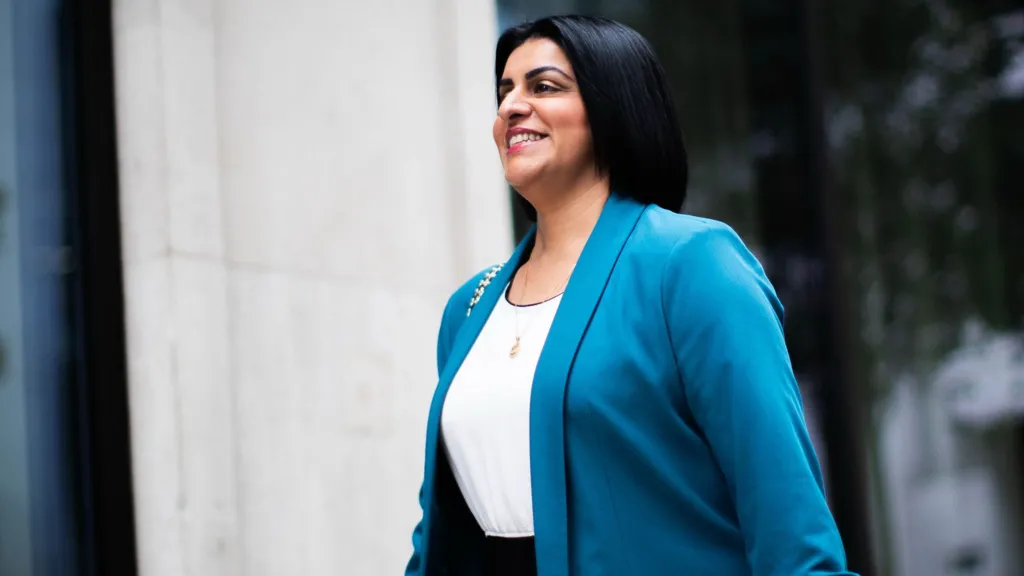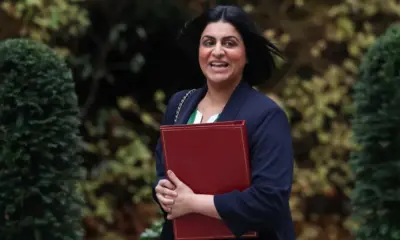Uncategorized
Debate Intensifies Over Whether UK Government’s New Asylum Plans Will Succeed

Ten weeks ago, Prime Minister Sir Keir Starmer appointed Shabana Mahmood to lead the Home Office with a clear instruction to deliver a bold overhaul of the United Kingdom’s immigration system. Now, after a wave of new policy announcements, a fierce national debate is under way over whether the government’s new asylum plans can actually work.
Mahmood has unveiled a series of sweeping reforms in recent days. They include limiting refugee status to temporary stays, proposing changes to how human rights law is applied in asylum cases, increasing deportations, and threatening visa restrictions for countries that refuse to take back criminals or undocumented migrants. Supporters within the government argue that strong and decisive action is needed to restore order to the system, reduce backlogs and deter dangerous migrant crossings.
But the proposals have also sparked immediate controversy. The Refugee Council, which works with asylum seekers, condemned the temporary refugee status plan as highly impractical and inhumane. The organisation warned that forcing refugees to live with constant uncertainty would make integration more difficult and place additional strain on public services.
Inside government, Mahmood’s team has taken pride in the extensive media coverage generated by the new measures. However, ministers privately acknowledge that generating headlines is the easy part. The real challenge lies in uniting Labour MPs from across the party’s ideological spectrum behind the proposals, especially after recent internal tensions.
In the past weeks, disagreements over winter fuel payments and welfare reform resulted in embarrassing government reversals. Some Labour MPs now believe that resisting these new asylum measures may be the next battleground. Their willingness to support or oppose the plans will depend partly on the political landscape in their constituencies. Those facing pressure from Reform UK or the Conservatives may feel compelled to support tougher immigration policies, while MPs challenged by the Liberal Democrats or Greens may prioritise humanitarian concerns.
Several ministers have already raised quiet concerns about Mahmood’s proposals, and sceptical Labour MPs have begun to speak out more openly. Rachael Maskell, known for her opposition to the government’s welfare policies, said many colleagues are seriously concerned. She argued that the government is moving in completely the wrong direction and warned that altering the application of human rights law in the UK may be a step too far.
Another Labour MP, Brian Leishman, expressed big reservations and cautioned ministers against adopting rhetoric or strategies used by Nigel Farage or Reform UK. He emphasised that the country must avoid approaches that demonise vulnerable people seeking safety.
As the debate grows louder, analysts say the government’s success will depend on whether it can maintain party unity while convincing the public that the reforms are both effective and fair. For now, the political path ahead appears complex and uncertain.




















